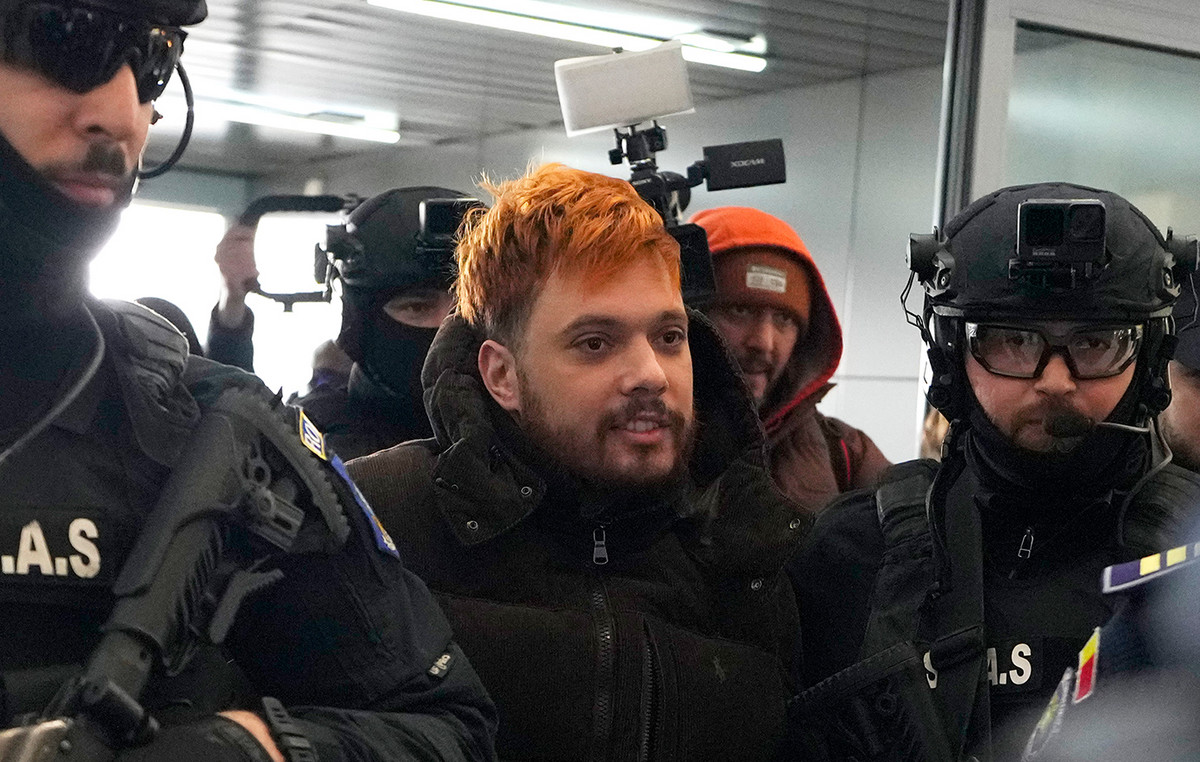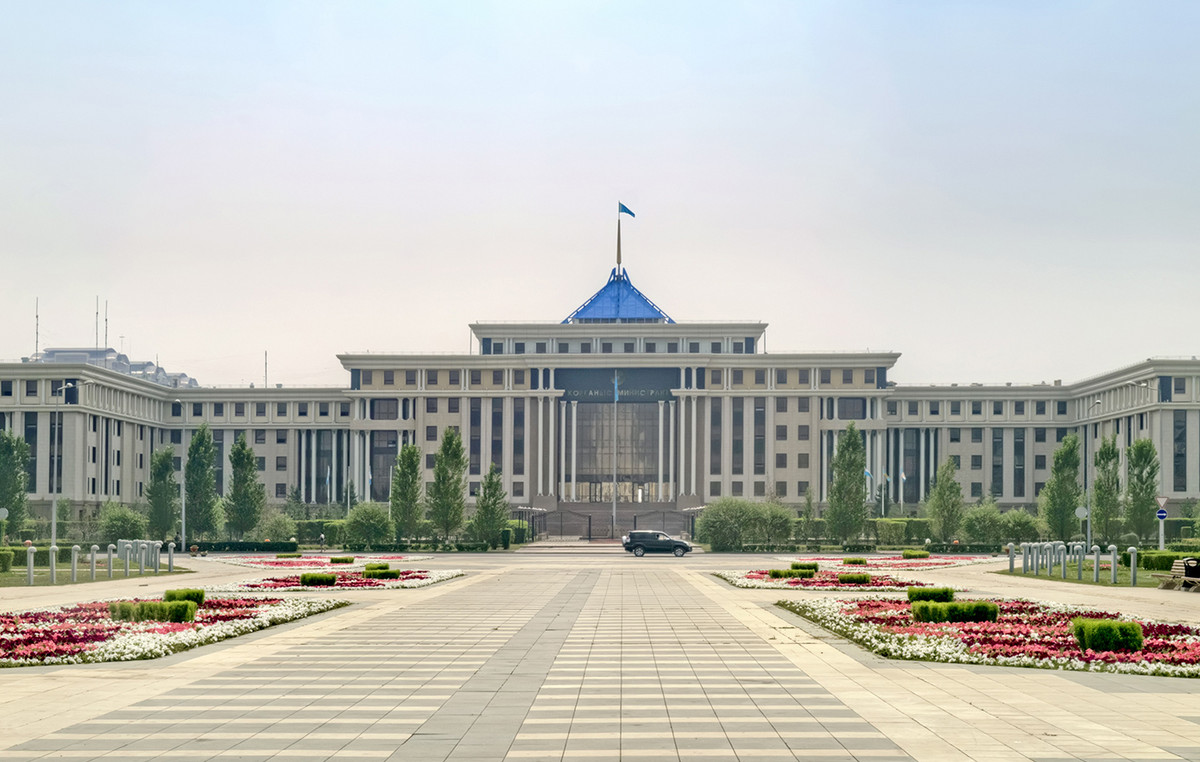Honduran President Xiomara Castro declared a national security emergency on Thursday (24) and began implementing a new plan to combat a growing number of cases of extortion by violent criminal groups operating across the country.
Castro’s new measures would allow for the suspension of some constitutional rights in areas with a predominant presence of criminal gangs, the deployment of 20,000 police officers, new road safety controls and measures against money laundering.
Congress must still approve the suspension of constitutional rights, although the security plan took effect on Thursday.
The declaration also authorizes the Honduran government to make extraordinary use of public funds to fight criminal gangs known for their involvement in illicit activities, such as kidnapping and drug trafficking.
The left-wing president announced in a television broadcast the new plan to combat extortion that afflicts the Central American nation.
The plan follows pressure from businessmen, truck, bus and taxi drivers, residents and non-governmental organizations (NGOs) who say extortion – largely by the Mara Salvatrucha MS-13 and Mara Barrio 18 gangs – has worsened in recent months.
In exchange for the so-called “war tax”, the gangs offer protection or say that whoever pays will not be killed. Gangs torched buses and killed drivers who failed to pay the toll, prompting businesses and people to pay out of fear.
This extortion generates annual profits equivalent to $737 million for gangs, nearly 3% of the country’s gross domestic product, according to the Association for a More Just Society, a security-focused nongovernmental organization.
Source: CNN Brasil
Bruce Belcher is a seasoned author with over 5 years of experience in world news. He writes for online news websites and provides in-depth analysis on the world stock market. Bruce is known for his insightful perspectives and commitment to keeping the public informed.







